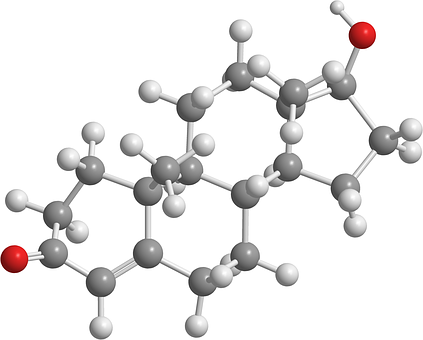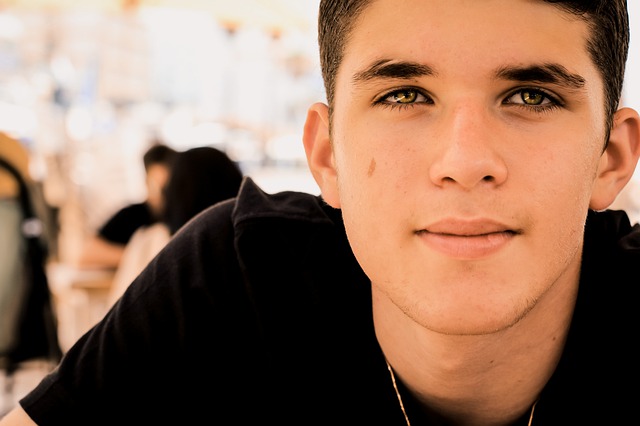If you have been into reading materials about hypogonadism, you’d know by now that low testosterone can make you lose interest in having sex and it may even cause you to have a hard time obtaining erections.
Unfortunately, that is not all, because if you happen to have low testosterone, it may also impact your fertility.
According to TRT Brisbane doctors, research shows that low testosterone or hypogonadism in men can induce infertility. But it can act as a telltale sign for testicular problems as well. Testosterone replacement therapy is one treatment option for men suffering from low testosterone. However, testosterone use can have a detrimental effect on fertility.
Here’s why:
Male fertility is controlled by a region of the brain (the hypothalamus) together with the pituitary gland, which is situated just below it. The human brain is known to produce a substance known as a gonadotropin-releasing hormone. Medical professionals identify this hormone simply as GnRH. This particular hormone commands the pituitary gland to produce two critical fertility hormones: the FSH or follicle-stimulating hormone and LH or the luteinizing hormone.

FSH encourages the production of sperm cells while LH directs the testes to generate testosterone, which is necessary for the production of sperm.
When you take testosterone, your brain believes it has fulfilled its task and thus suppresses GnRH production. Because it is not getting the message, your pituitary gland stalls its production of normal amounts of the two sperm-producing hormones, FSH and LH.
As a result, the amount of sperm produced by your body is significantly reduced. The lower the sperm count you have, the lesser chances you have of becoming a father.
Men who are experiencing infertility due to low testosterone levels should consult a urologist or an endocrinologist who specializes in male reproduction. Following diagnosis, you and your doctor can determine the best course of action for your low testosterone depending on your desired outcomes, which may include sexual or reproductive function.
who specializes in male reproduction. Following diagnosis, you and your doctor can determine the best course of action for your low testosterone depending on your desired outcomes, which may include sexual or reproductive function.
According to TRT Brisbane doctors, each treatment for the low-T condition is uniquely different and thus must be tailored to your specific goals. If you are facing difficulties conceiving, your doctor may recommend injections of gonadotropin to help stimulate the testicles to create more sperm and testosterone.
If medical tests indicate that you have a low-T condition, the following practices may help improve your fertility.
- See to it that you maintain that your private parts always have a cool temperature. Anything that creates an excessive amount of heat in the genital area for a long period can lower sperm counts.
- Reduce your weight. If you are overweight, it runs the risk of altering your body’s hormone levels and that can have a detrimental effect on sperm production. Obese men may have decreased testosterone amount in their system because their abdominal fat converts testosterone to estrogen.
- Avoid smoking. One independent study shows that Saudi Arabian men who visited infertility clinics are found to have lower reproductive hormone levels as opposed to nonsmokers.
- Consume alcohol in moderation. With regard to a scientific report made by an independent body, excessive alcohol intake can decrease the testosterone levels of a man. It impacts the production and secretion of 2 important hormones, the LH and the FSH hormones.
- Exercise regularly. Exercise not only aids in weight loss and stress reduction, but it can also aid in testosterone development. The most effective regimen consists of aerobic activity and weight training consistently.
If you suspect that you or someone you know is showing signs of low testosterone and might have affected the quality of their life, get tested for low T. A reputable TRT Brisbane clinic can assist you in understanding your condition and see the treatment options appropriate to your lifestyle and preference.



